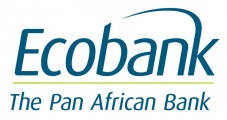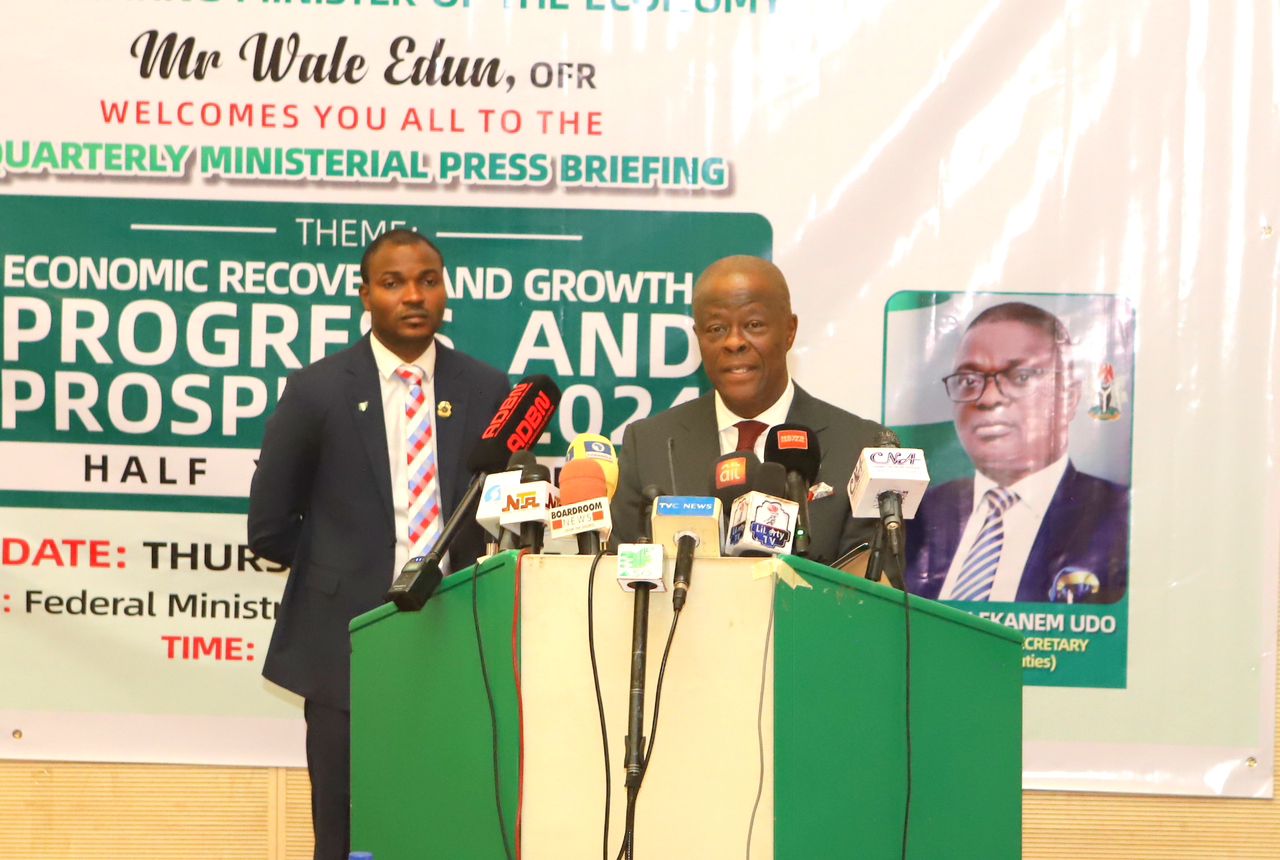Business
Africa: Ecobank Group launches 2024 Fintech Challenge with US$50,000 Prize

Joel Ajayi
The 2024 Ecobank Fintech Challenge has opened applications for early-stage and mature startups to partner with Ecobank (www.Ecobank.com) across its 35 African markets; This marks the 7th edition of the Fintech Challenge.
Ecobank , the pan-African financial services Group, officially opens call for applications to the 7th edition of its Fintech Challenge. This annual competition invites early-stage and mature fintech startups to partner with Ecobank, offering a grand prize of US$50,000 and a chance to scale their solutions across Ecobank’s extensive network spanning 35 African countries.
Despite the fintech eruption in the African continent, a McKinsey report [1] reveals that fintech start-ups in Africa are still facing several challenges such as reaching scale, navigating an uncertain regulatory environment, or managing scarcity of funding. The Ecobank Fintech Challenge provides a unique opportunity for Fintech Entrepreneurs to address these challenges by not only offering financial rewards but by also providing Ecobank’s expertise in diversified markets operations and the right solutions to scale across its pan-African footprint and international presence such as France.
“Building partnerships with fintechs is a catalyst for driving financial inclusion in Africa. At Ecobank, we prioritize fintechs in our Growth, Transformation, and Returns strategy “, said Jeremy Awori, Chief Executive Officer of Ecobank Group. “We have enhanced this new edition of the Ecobank Fintech Challenge to continue to provide fintech entrepreneurs with a premier platform to showcase groundbreaking solutions, while creating unparalleled opportunities for growth and expansion across 35 markets in Africa.”
Last year’s competition attracted 1,490 entries of real quality, which underscores the significance of this pan-African challenge. Successful applicants reaching the Grand Finale and Awards Ceremony in October 2024 will have the chance to join the highly coveted Ecobank Fintech Fellowship programme, with the overall winner receiving a cash prize of US$50,000.
Ecobank Fintech Fellows will gain access to numerous opportunities through collaboration with Ecobank and its partners, potentially including:
- Multinational product rollout: an opportunity to integrate their solutions with Ecobank, opening doors to potential product launches within Ecobank’s expansive 35-country Pan-Africannetwork.
- Service provider partnerships: Selected fintechs may become Pan-African service partners within the Bank’s ecosystem.
- Access to Ecobank’s Pan-African Banking Sandbox: Fellows will receive exclusive access to Ecobank’s cutting-edge APIs, enabling them to test and develop their products for the Pan-African market.
- Priority access to Ecobank’s Venture Capital partners for funding exploration.
Since inception, 60 fintech startups have been inducted into the Ecobank Fintech Fellowship.
The Ecobank Fintech Challenge is designed in partnership with international advisory firm, Konfidants, and is supported by various partners.
Applications for the 7th Ecobank Fintech Challenge are now open to fintechs and developers from across Africa, as well as global Africa-centered fintechs. Interested parties can find out more about the competition and submit their applications through the official website: EcobankFintechChallenge.com
Business
Economy Stabilizing and Positioning for Growth, As FG Exits Ways and Means Borrowing Mechanism

Joel Ajayi
The Federal Government has disclosed that it has made significant strides in its economic reforms, well on its way to achieving a step-change in the revenues of the Federal government; closely in line with the budget for 2024. The Federal Government also announced its exit from the Ways and Means borrowing mechanism.
The Honourable Minister of Finance and Coordinating Minister of the Economy, Mr. Wale Edun stated this today in his office in Abuja during the half-year review Ministerial Press Briefing with the theme: *Economic Recovery and Growth: Progress and Prospects 2024.
He highlighted successes of the Government’s reforms, citing a projected budget deficit of 4% in the 2024 Fiscal Year. He also acknowledged the temporary hardships caused by the reforms but assured that Nigerians would soon benefit from the expected outcomes as the well coordinated economic policies of the Federal Government are beginning to yield results as shown in the slowing in the rate of growth of inflation, increasing foreign investments relative to the same period in the previous year, amongst other positive fiscal yardsticks that are being noted.
The Minister informed that one of the major priorities of the President Bola Ahmed Tinubu-led Administration in the immediate term is to reduce food prices and focus on providing all the necessary support to increase local food production, given the impact of high food prices on inflation. He noted that efforts are underway to achieve this goal.
Edun emphasized the President’s commitment to the welfare of ordinary Nigerians and the Government’s efforts to ensure transparency and accountability in its social protection initiatives including but not limited to the acceleration of the direct benefit transfer programme that has now been restarted following an initial pause of the programme to improve transparency in its delivery. He mentioned that, following the resumption of payments, over 600,000 households have already received this direct transfer this week.
As part of efforts to further improve foreign exchange liquidity and to showcase the resilience of the Nigerian financial system as economic stability takes root, the Minister also announced plans for the Federal Government to issue domestic USD denominated securities of up to US$500 million, in the first instance to attract investment from Diaspora Nigerians and Nigerians with savings held abroad.
Edun acknowledged the Supreme Court’s judgment on direct payment of federation allocations to Local Government Councils, and reiterated the Government’s commitment to implementing the judgement .
The Minister affirmed that with the outcome of the first half of 2024, indeed the Nigerian economy is turning the corner; and with macro-economic stability, the economy is being well positioned for sustained and inclusive growth that creates jobs, lifts millions out of poverty, and drives domestic and foreign investments that would improve the general well-being of the average Nigerian.
-

 Featured5 years ago
Featured5 years agoLampard Names New Chelsea Manager
-

 Featured4 years ago
Featured4 years agoFG To Extends Lockdown In FCT, Lagos Ogun states For 7days
-

 Featured5 years ago
Featured5 years agoNYSC Dismisses Report Of DG’s Plan To Islamize Benue Orientation Camp
-

 Featured4 years ago
Featured4 years agoChildren Custody: Court Adjourns Mike Ezuruonye, Wife’s Case To April 7
-

 Featured3 years ago
Featured3 years agoTransfer Saga: How Mikel Obi Refused to compensate me After I Linked Him Worth $4m Deal In Kuwait SC – Okafor
-
Sports2 years ago
TINUBU LAMBAST DELE MOMODU
-

 News11 months ago
News11 months agoJubilation In Kaduna As Tribunal Upholds Ekene Adam Winner Of Reps Election
-
Featured5 years ago
Board urges FG to establish one-stop rehabilitation centres in 6 geopolitical zones
